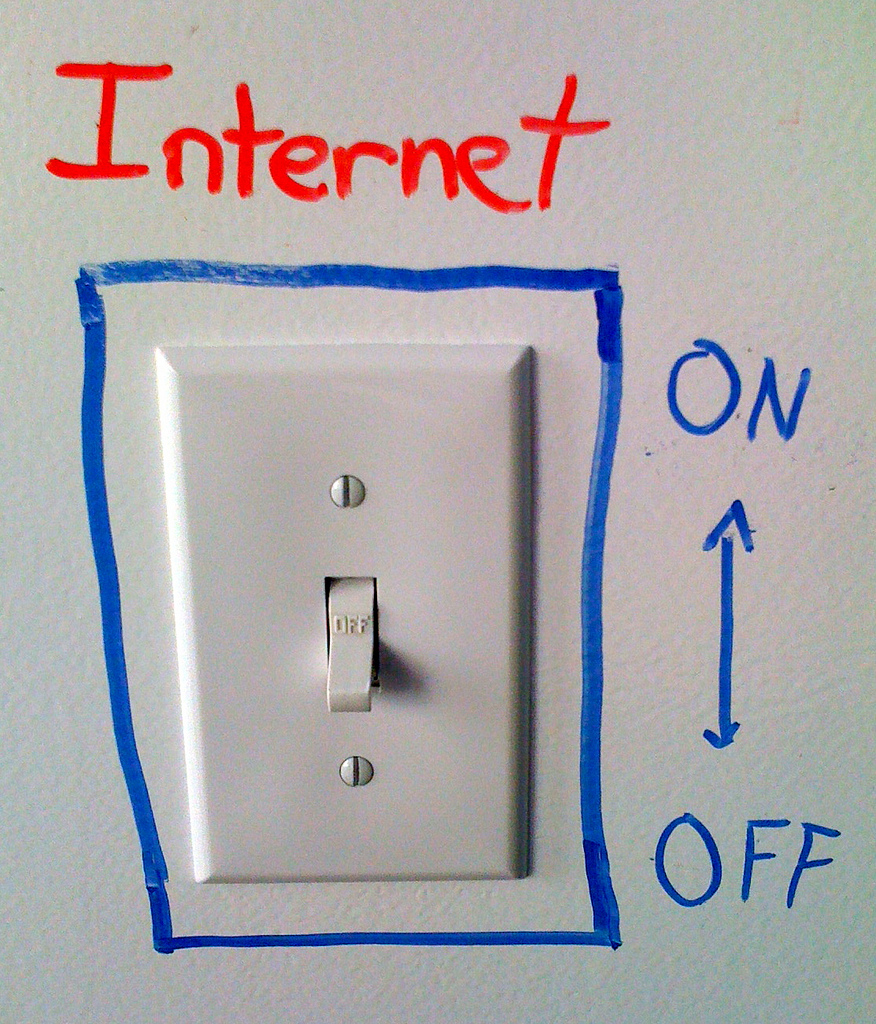Beyond Repair? Normative Change in Freedom Online
Small Photo
Photo

Cyberspace and all communications associated with the Internet was once idealized as a free and open space in which communications could flow back and forth at liberty. This idea has slowly changed in the last 25 years and we are now seeing the Internet and cyberspace as a “Fierce Domain” in which states engage in hostile actions against one another and increasingly against their own citizens. We wondered what normative changes have occurred over the last 15 years in cyberspace and what the implications of this change has been on democrats around the world.
Jeffrey Legro’s definition of norms as “collective understandings of the proper behavior of actors” is helpful to illustrate how norms have evolved in cyberspace. So then, what are the specific norms we would like to see in cyberspace as a democracy support organization? There are currently very clear trends of norms that we wish we didn’t see.
First we see a significant inrease in offensive and defensive state-level cyber capabilities and a growth in state censorship and surveillance. The data globally, as illustrated through sample data taken from censorship monitoring projects such as the Berkman Center’s Herdict Project (Image Right), illustrate an increase in reports of online censorship. Although this data is based on citizen reporting and may not also be state-generated, the enormity of reports of censorship is staggering.

Along with censorship comes its closely related counterpart, surveillance, and the reports of individuals being surveilled in their online activities is only increasing. Furthermore as indicated by experts in tracking censorship and surveillance such as Ronald Deibert at the Munk School of Global Affairs’ CitizenLab surveillance is getting worse. Globally we almost certainly passed the statet when only a few states were using the Internet as a means of censorship and surveillance against their own citizens. States are increasingly socializing, demonstrating, and institutionalizing censoring and surveillance behavior.
A few organizations and individuals are standing like the little Dutch boy with his finger in the dyke against the oncoming torrent attempting to call our attention to what is happening. These individuals and organizations are attempting to persuade - us before it is too late - to take a step back from the brink and shift norms globally from being wholly internalized by states. Organizations like the Berkman Center, CitizenLab, CDDRL Stanford, ASL19, EFF and others are providing us evidence that the Internet, with its original open design and transparency is fundamentally altered. Scholars like Laura DeNardis, and Milton Mueller are illustrating the way in which states are attempting to shape global Internet governance through transnational institutions often beyond the reach and understanding of average netizens. The norms around the appropriate behavior of states in relation to their own citizens are changing and it is reasonable to argue that they are not changing for the better in most cases.
When the Soviet Union faded away and democracy’s third wave began to hit its stride there was immeasurable hope around the world. The iron curtain collapsed and information and people began to flow more freely. Societies that were once unrepresentative began to liberalize. Now a new curtain is descending, a digital one that attempts to mold and shape information entering and leaving countries.
Normative change is not static, it is dynamic and although the pendulum is shifting away from openness and secure and private communications, it is not too late to influence this change. Norms in cyberspace are being hashed out in every country right now and it is becoming increasingly imperative for a global movement to counterbalance the insidious move towards significant normative change in cyperspace that will result in a significantly less open web than we have known to date.
Topics
